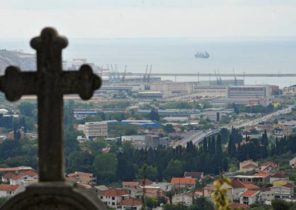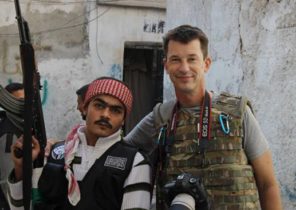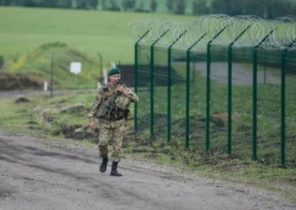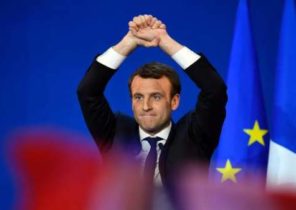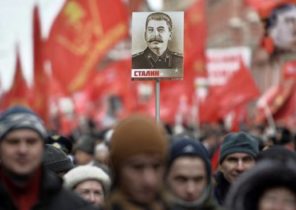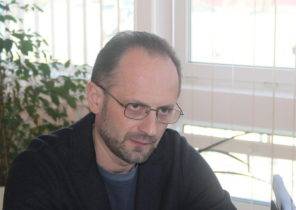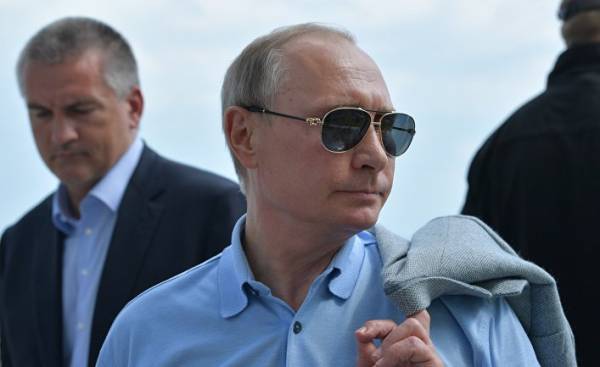
At the end of one of the meetings of the Security Council in 1978, when Kuwait was a member, I asked the permanent representative of the USSR to the UN about the reasons why his government more than a hundred times used the veto since the beginning of the work of the Security Council in late 1946 (to date, this figure increased to 150). Then I said, “We are in the minority in the United Nations and the Security Council, we do not have extra votes that would have helped us, and so we have no choice but to use the veto”.
I said, “You are expressing the will of the international community, but despite that oppose the rights of peoples and kill their desire, instead, to support the weak, you ruin their expectations and forced in desperation to resort to violence, destroying the hope for a better future”.
Troyanovsky was a prominent Ambassador, was the personal interpreter of Nikita Khrushchev, and in his youth lived with his father, a diplomat in America, he had a good command of the English language, was polite and open life as some nobleman of tsarist times.
May expressed their position in relation to minorities, in most cases fair, but what he said does not gives us the whole picture that we need to know about the Royal history and temperament of the Russian people.
What is more likely to define Russian political thought, it is the geography of the Russian state, stretching from the Pacific ocean to the Baltic sea and from Finland in the North to Mongolia in Central Asia, surrounded by mountains, valleys and rivers that were difficult to overcome in old times. People lived in isolation within these boundaries, being protected from all social and intellectual innovation and political upheaval in Europe. They lived in different conditions, while remaining in isolation from all that has happened in Europe, and under the rule of autocracy in the person of the Romanov dynasty, the nobility, and the Church that dominated at the time.
The situation changed with the beginning of a promising reforms initiated by Peter the Great and Empress Catherine. They started to discover the country and to attract scientists, artists and thinkers from the West. A positive impact was not limited to the sphere of science and art, but also touched on Protocol, etiquette, and fashion.
Queen Catherine had established friendly relations with leading European thinkers such as French philosopher Voltaire, and also established contacts with the Emperor Frederick the Great, the founder of German military philosophy.
These contacts were interrupted, when the power came Napoleon. He was not a fan of the Russian way of life, and could not endure to observe as the Emperor Alexander is making plans on how to put an end to his power in Europe. Therefore, in 1812, Napoleon decided to take revenge. The largest army in European history (600 thousand soldiers) was sent to Russia and took Moscow, which was completely burned. Winter came, a large army was in need of food and medicines, and as a result, weakened by disease and famine, began to disintegrate. By winning, Russia has started to develop with the European States in strategic partnership, which lasted until the First world war, in which Russia fought against Germany, Austrian and Ottoman empires. Then its armed forces are faced with pressure from the public that led to the fall of the tsarist regime and the emergence of the state of Lenin.
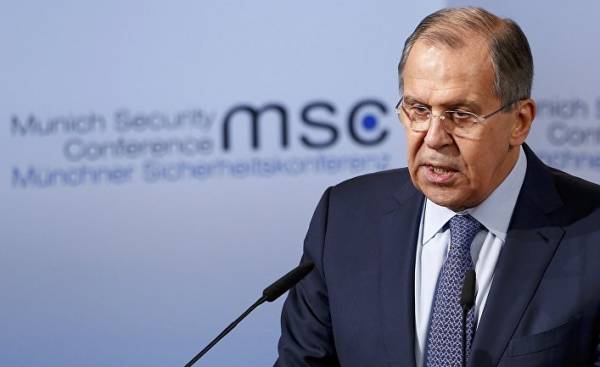 © RIA Novosti, Michaela RehleСергей Lavrov at a security conference in Munich
© RIA Novosti, Michaela RehleСергей Lavrov at a security conference in Munich
Dominant in Russia’s political culture defines the line, which adheres to the Russian diplomacy on the Syrian track. As stated by the Minister of foreign Affairs of Russia Sergey Lavrov, Moscow will not allow a repeat in Syria of the Libyan scenario, whose goal was the overthrow of Gaddafi with the help of NATO forces. Russia will not allow the fall of Assad’s regime, support which it gives. This is what contributed to the weakening of the opposition. So, Moscow was involved in the fighting in Aleppo on the side of the regime under the pretext of combating terrorism and is now moving on two fronts. The first is to weaken the opposition and consolidate power mode in coastal Northern strip, and jointly with the United States to create a safe zone adjacent to the border. The second way is to ensure Russia’s participation in determining the future of Syria and the opposition to impose solutions that will help Russia to stop military intervention in Syria, limiting its role to the participation in the Geneva talks. That is why the Russian Minister said that the war of opposition was over, and she can only take part in talks in Geneva.
Lavrov’s position is not contrary to the Russian historical tradition to question everything. This applies not only to refraining from putting forward proposals. Russia is sufficient if the European initiative fails, but all other suggestions will be disrupted, so that the last word remained behind it.
I don’t remember during my work at the UN, in particular, during the membership of Kuwait in the Security Council, the Soviet Union made a proposal that would facilitate a solution to a particular problem. Russia still looks at the world through the prism of the legacy of doubt, while the Syrian people continue to suffer.
